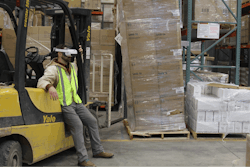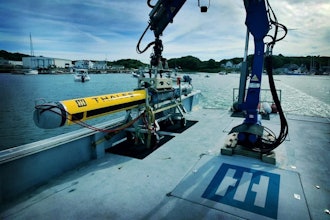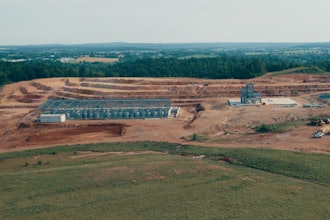
CEMEX announced that the U.S. Department of Energy awarded $3.2 million to Solar MEAD, a joint project headed by CEMEX, Sandia National Laboratories, and Synhelion, which aims to decarbonize cement production.
Solar MEAD aims to replace the use of fossil fuels with concentrated solar thermal (CST) energy in clinker production, the key component in cement. CEMEX and Synhelion have been collaborating to introduce CST in the cement production process, achieving the first successful laboratory-scale demonstrative pilot in 2022 by producing the first-ever solar clinker. Sandia Laboratories will contribute unique research facilities as part of the National Solar Thermal Test Facility, and subject matter expertise to help accelerate the adaptation of the technology to cement manufacturing.
Synhelion's breakthrough technology delivers high-temperature process heat beyond 1,500 degrees Celsius – sufficient heat to produce clinker without using fossil fuels.
The project will investigate methods to reduce carbon dioxide emissions, lower process temperatures, and increase the efficiency of clinker formation using solar energy. The team will assess the conditions to maximize heat transfer to the raw cement mix.
Successful adoption of this technology in cement manufacturing will not only allow for 100% replacement of fossil fuels but also result in a more efficient and lower-cost carbon capture process when compared to the current state-of-the-art technologies.
Clinker is produced by fusing limestone, clay, and other materials in a rotary kiln at temperatures nearing 1,500°C. Fossil fuels are typically used to heat the kiln and are responsible for approximately 40% of the direct CO2 emissions of the process. Replacing fossil fuels entirely with solar energy is a game-changer in the industry's efforts to achieve carbon neutrality.





















